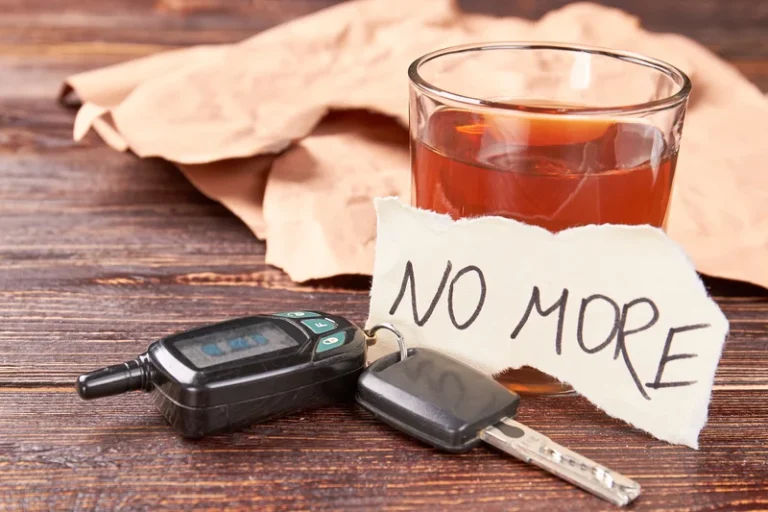
The typical timeline for alcohol detox is a structured process that unfolds over several days, with withdrawal symptoms peaking and then gradually subsiding. The severity and duration depend on factors like alcohol dependence, overall health, and history of withdrawal. The side effects of alcohol detox are both physical and mental, ranging from mild discomfort to severe complications. Physical symptoms include nausea, headaches, sweating, tremors, and an increased heart rate, while mental symptoms involve anxiety, irritability, mood swings, and insomnia. When alcohol consumption stops, the body experiences withdrawal symptoms stage 3 alcohol withdrawal symptoms as the central nervous system readjusts.
When Do Withdrawal Symptoms Start?
- He obtained his medical degree from West Virginia University where he also completed his residency training, finishing as chief resident.
- If you intend to quit alcohol, find a treatment center to guide you through the detox process.
- Some states have grants or similar programs that can reduce the cost of treatment.
- It is essential to seek medical attention during this stage to ensure proper treatment and monitoring.
Recovery from alcohol use disorder is a journey that is best undertaken with the support of a caring and understanding community. Seeking out and embracing the support of loved ones, peers in recovery, and professional https://ecosoberhouse.com/ addiction treatment providers can significantly enhance the chances of long-term success. Medical detoxification or detox for alcohol is a process designed to help individuals safely withdraw from alcohol under medical supervision. It can be done either inpatient or outpatient, depending on your health, needs, and personal preferences.
How can I support a family member going through alcohol detox?

It is essential to have medical supervision during stage 3 as seizures can occur without warning and be fatal. Let’s review the symptoms of alcohol withdrawal and how long you can expect them to last. After the peak symptoms subside, the early recovery stage marks a period of gradual improvement. Many programs offer treatment hours both during the day and in the evenings.
Alcohol withdrawal timeline

Focus on stabilizing your health, addressing psychological challenges, and building a strong foundation for long-term sobriety. With the right treatment approach and a multifaceted support system, you can overcome the obstacles and embrace a life free from alcohol dependence. Building a strong support network is crucial during this stage of alcohol withdrawal. Surround yourself with people who support your recovery, such as family members, friends, or individuals from support groups like Alcoholics Anonymous (AA) or SMART Recovery. Engaging in counseling or therapy can be incredibly beneficial during this stage. A trained mental health professional can help you identify and address the underlying issues that may have contributed to your alcohol abuse, such as stress, trauma, or mental health disorders.

Mild to moderate alcohol withdrawal treatment

If you are dependent on alcohol, it means that you cannot just stop drinking without experiencing withdrawal symptoms. This is because your body has become accustomed to the presence of Halfway house alcohol in its system that without it, it essentially does not know how to function. Therefore, if you are dependent on alcohol, your body is going to go through many more changes than if you are not dependent on alcohol. The most prominent and immediate changes you will experience will come directly from the withdrawal symptoms you develop when you stop drinking.


